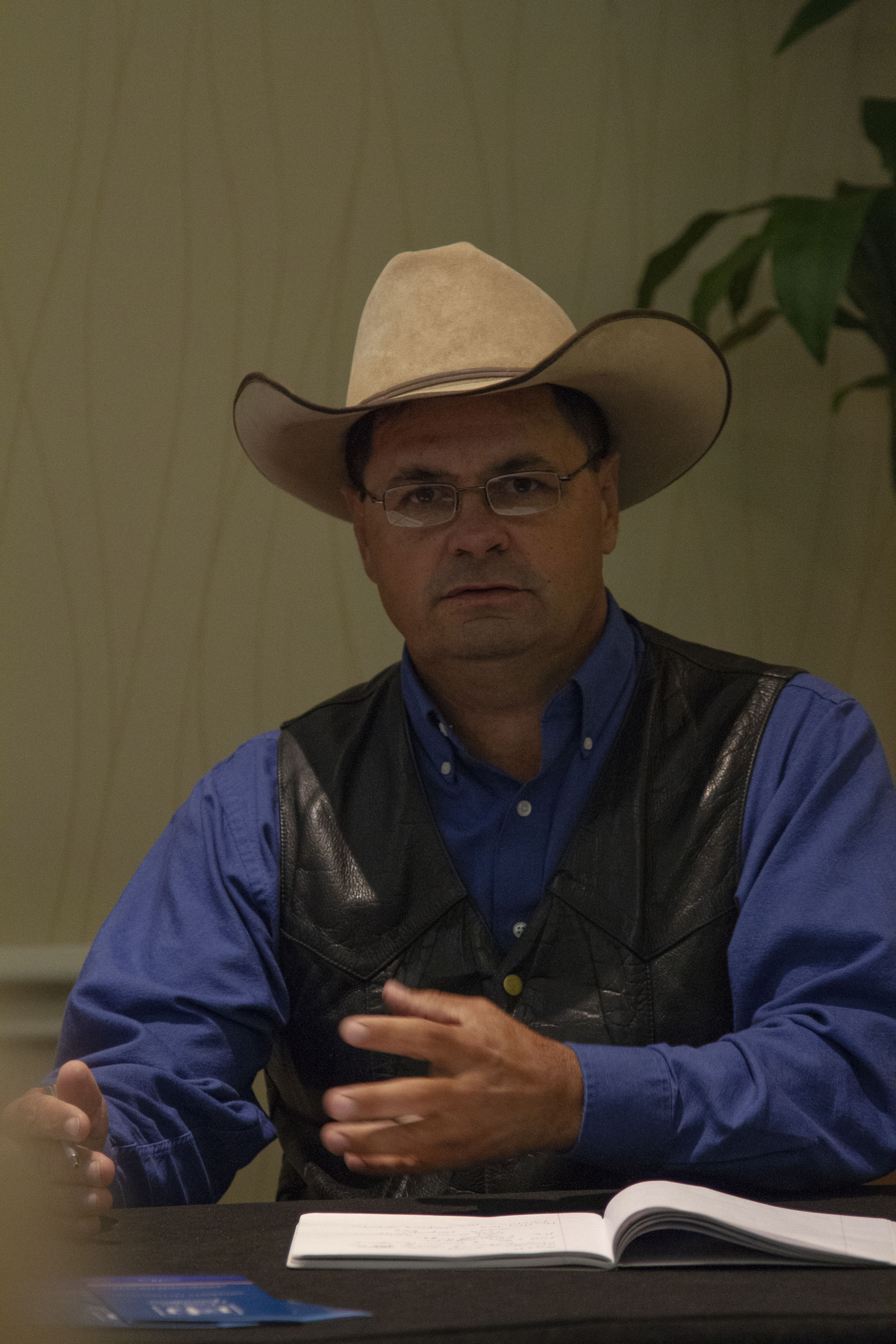How Bill Anoatubby, Governor of The Chickasaw Nation, became a leader By Melissa Ellis Governor Bill Anoatubby’s name is attached to many successful ventures. One of the most important things he has done was to modernize the Chickasaw tribe through accounting,…










